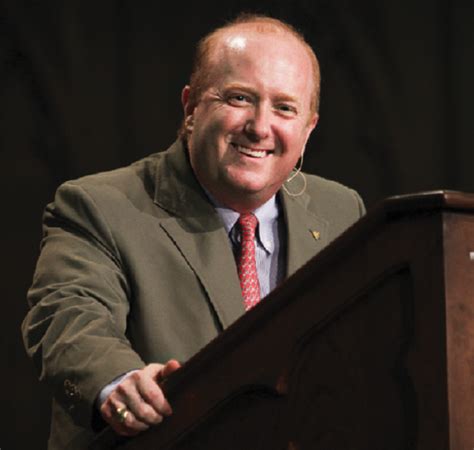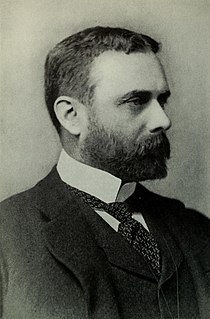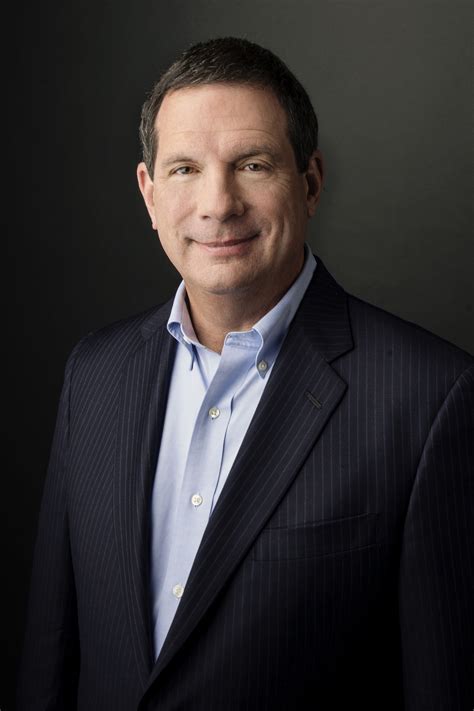A Quote by W. H. Auden
To have a sense of sin means to feel guilty at there being an ethical choice to make, a guilt which, however "good" I may become, remains unchanged.
Related Quotes
Guilt is imposed by others on you. It is a strategy of the priests to exploit. It is a conspiracy between the priest and the politician to keep humanity in deep slavery forever. They create guilt in you, they create great fear of sin. They condemn you, they make you afraid, they poison your very roots with the idea of guilt. They destroy all possibilities of laughter, joy, celebration. Their condemnation is such that to laugh seems to be a sin, to be joyous means you are worldly.
It is not the conscience which raises a blush, for a man may sincerely regret some slight fault committed in solitude, or he may suffer the deepest remorse for an undetected crime, but he will not blush... It is not the sense of guilt, but the thought that others think or know us to be guilty which crimsons the face.
The difference between guilt and shame is very clear--in theory. We feel guilty for what we do. We feel shame for what we are. A person feels guilt because he did something wrong. A person feels shame because he is something wrong. We may feel guilty because we lied to our mother. We may feel shame because we are not the person our mother wanted us to be.
Guilt is also a way for us to express to others that we are a person of good conscience. 'I feel really guilty about getting drunk last night,' we say, when in actual fact we feel no guilt whatsoever or, at least, we could choose to feel no guilt. When people say to me, 'I drank too much last night,' I always reply, 'I drank exactly the right amount.
To create guilt, all that you need is a very simple thing: start calling mistakes, errors - sins. They are simply mistakes, human. Now, if somebody commits a mistake in mathematics - two plus two, and he concludes it makes five - you don`t say he has committed a sin. He is unalert, he is not paying attention to what he is doing. He is unprepared, he has not done his homework. He is certainly committing a mistake, but a mistake is not a sin. It can be corrected. A mistake does not make him feel guilty. At the most it makes him feel foolish.






































